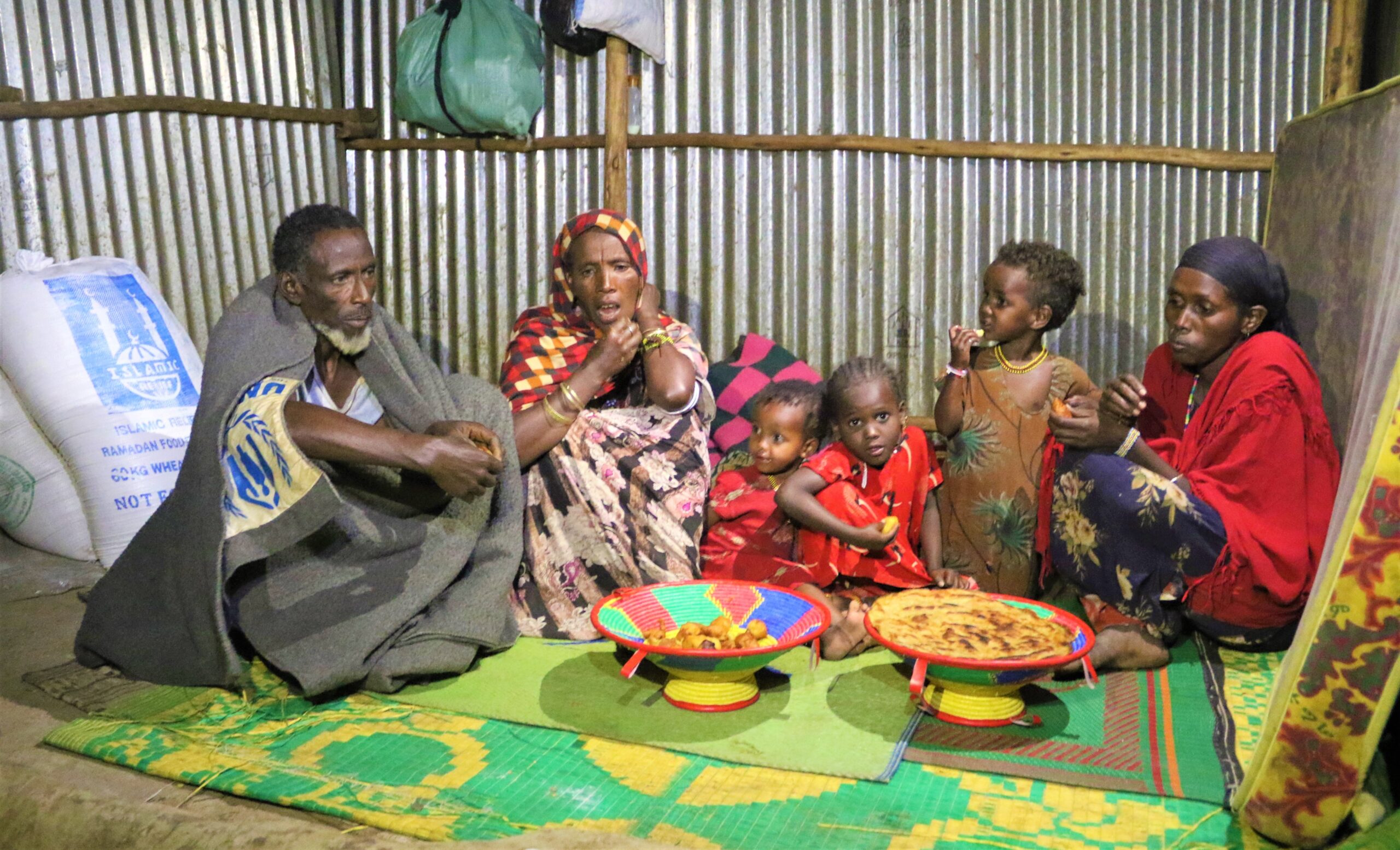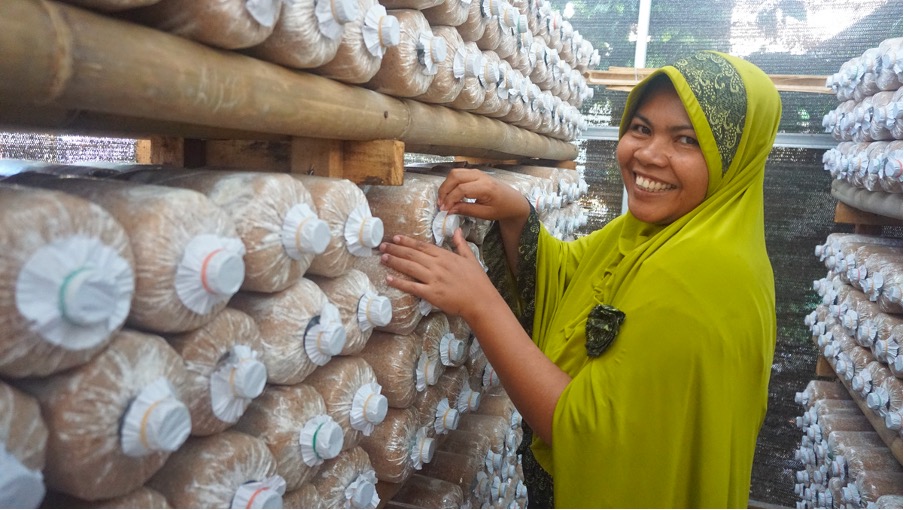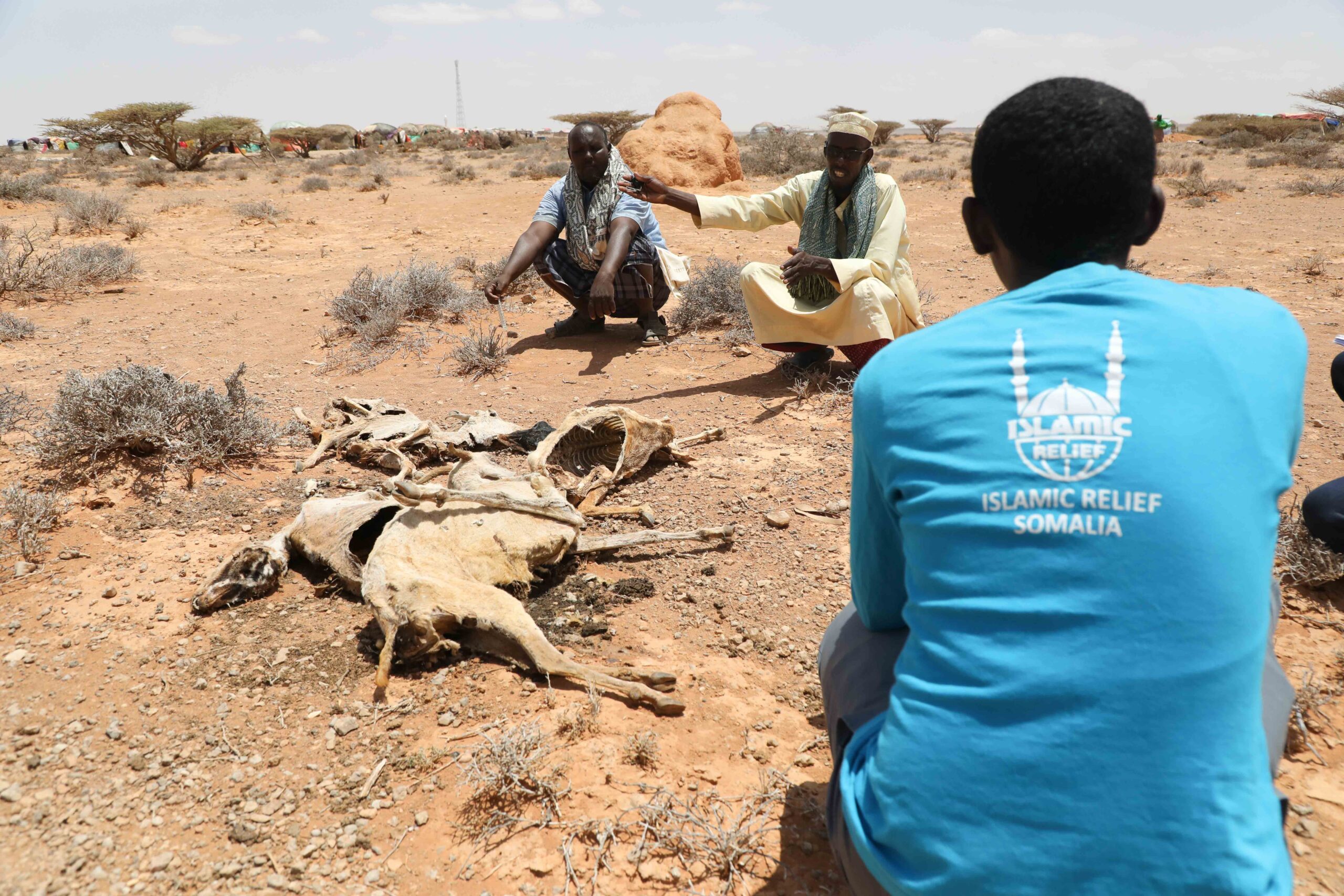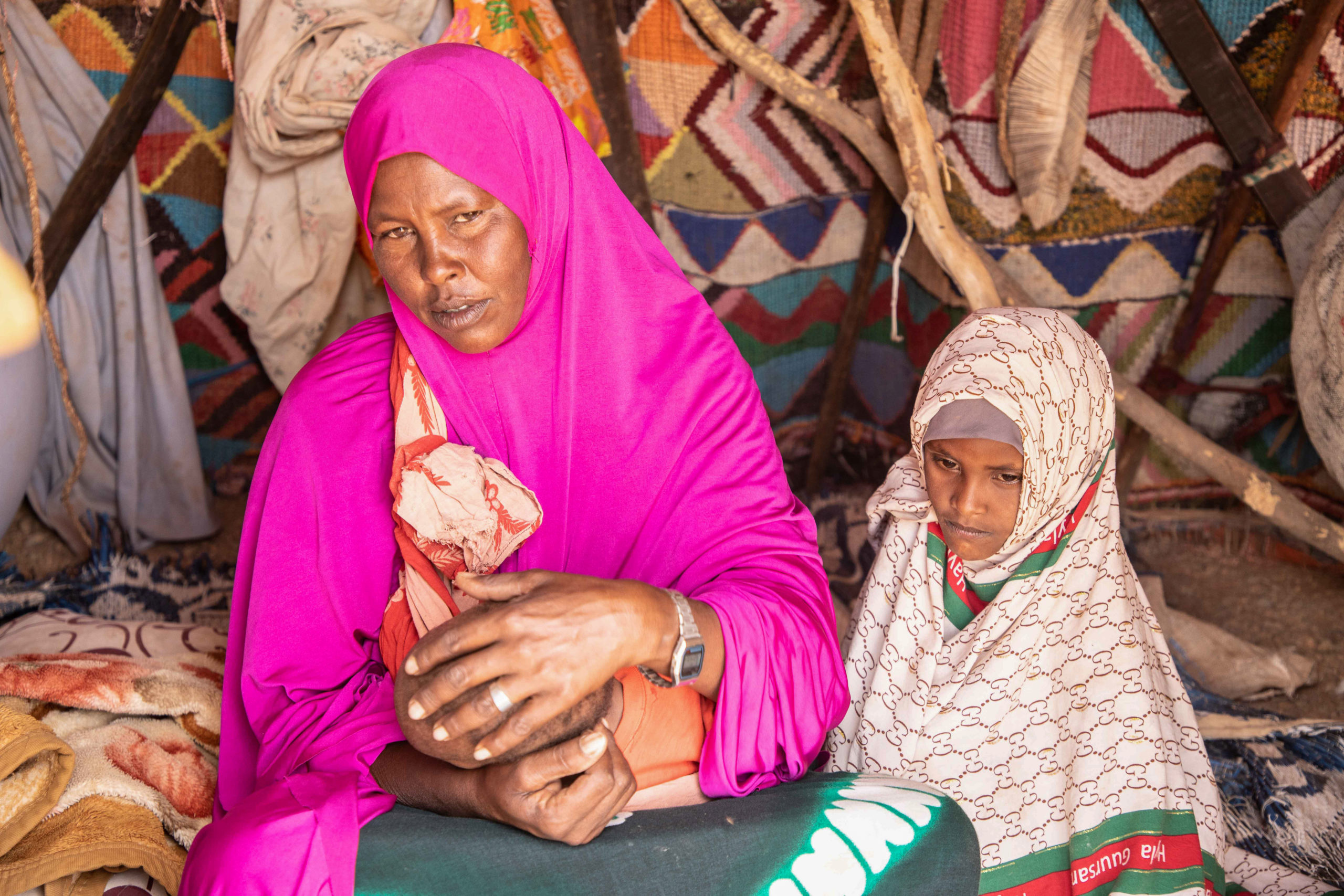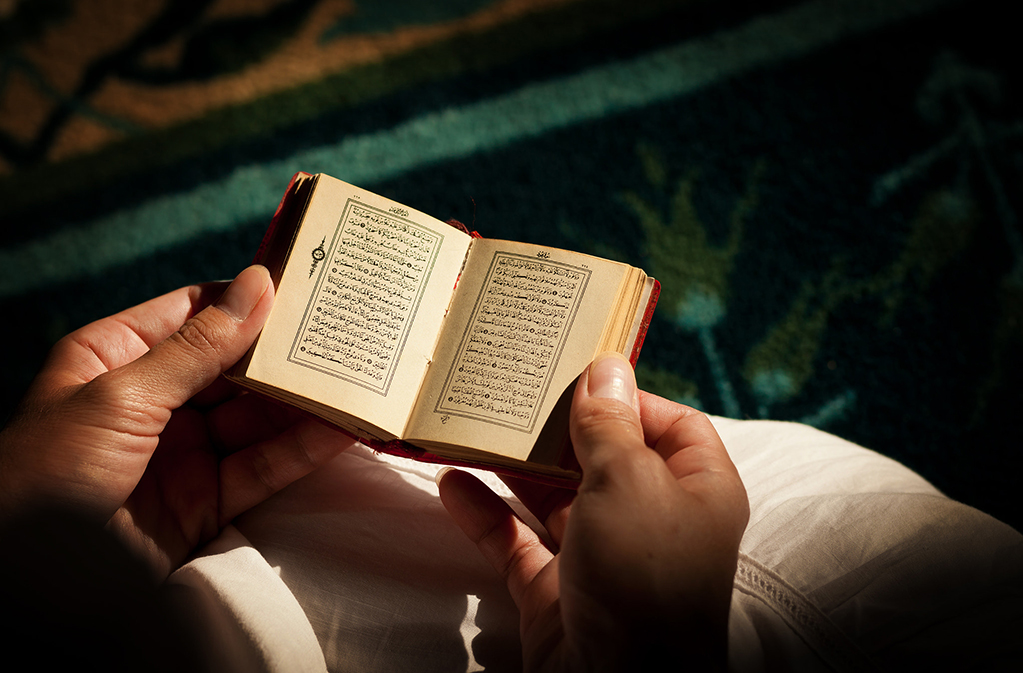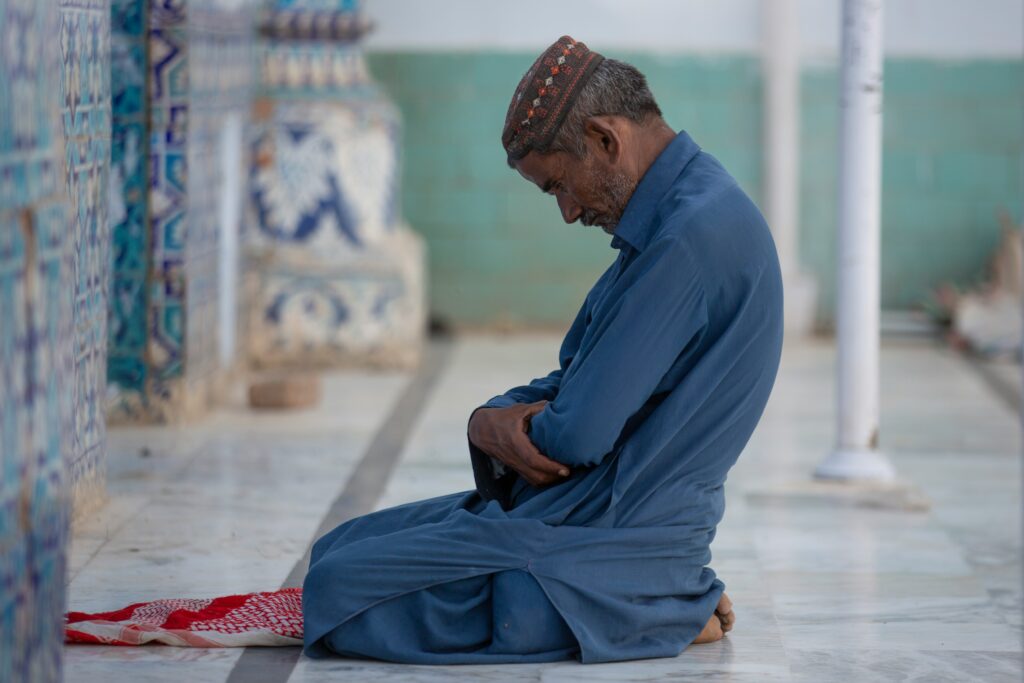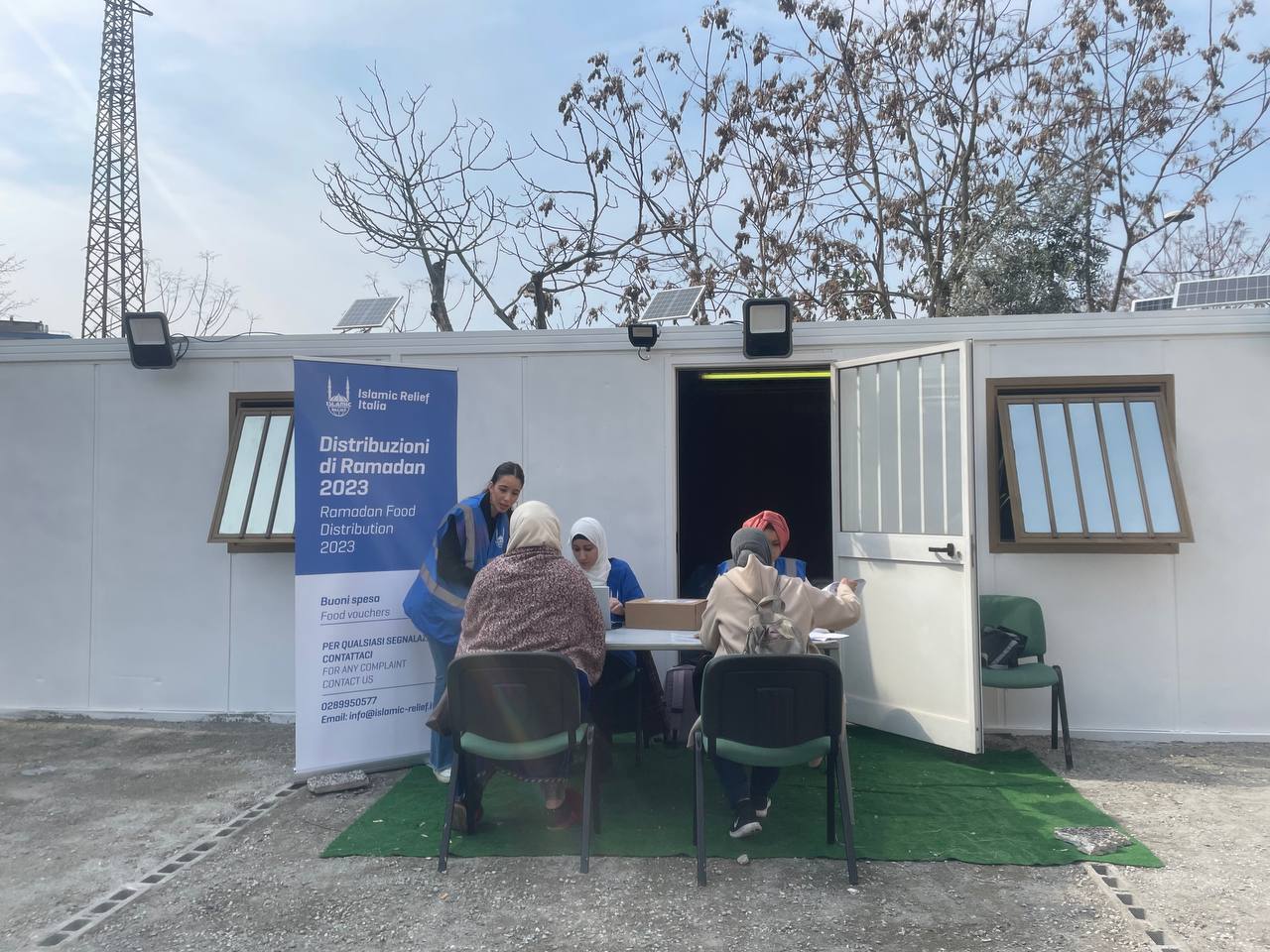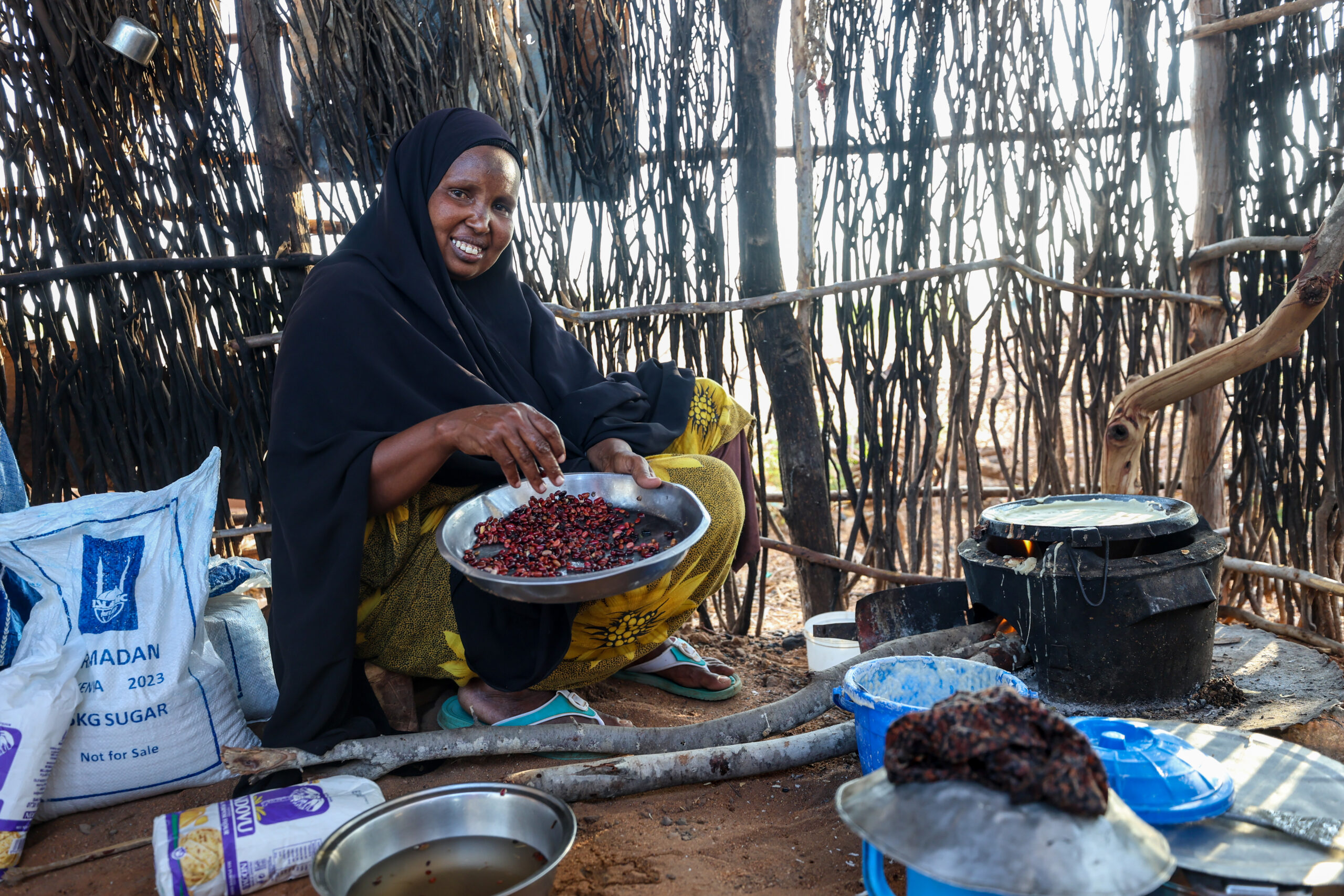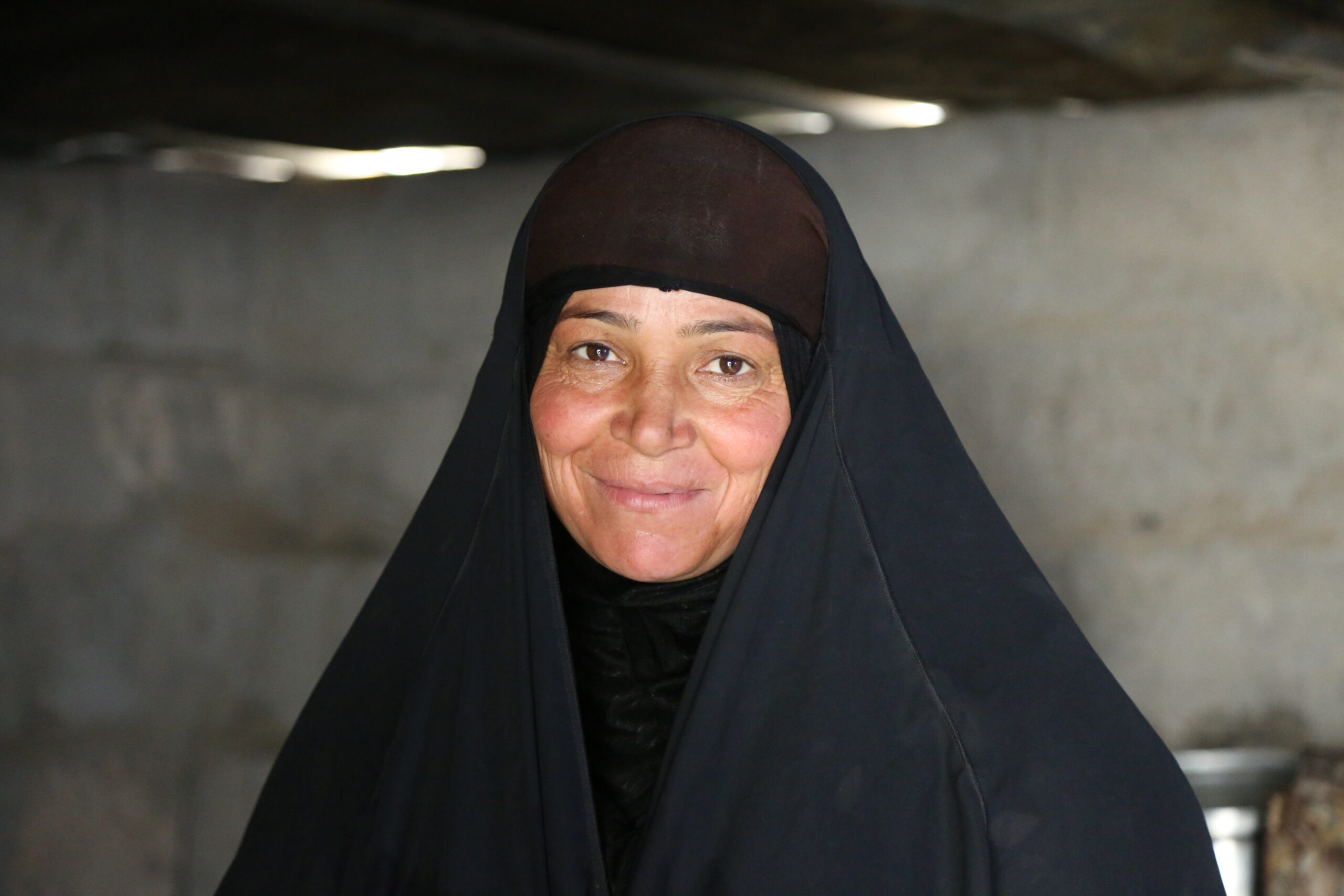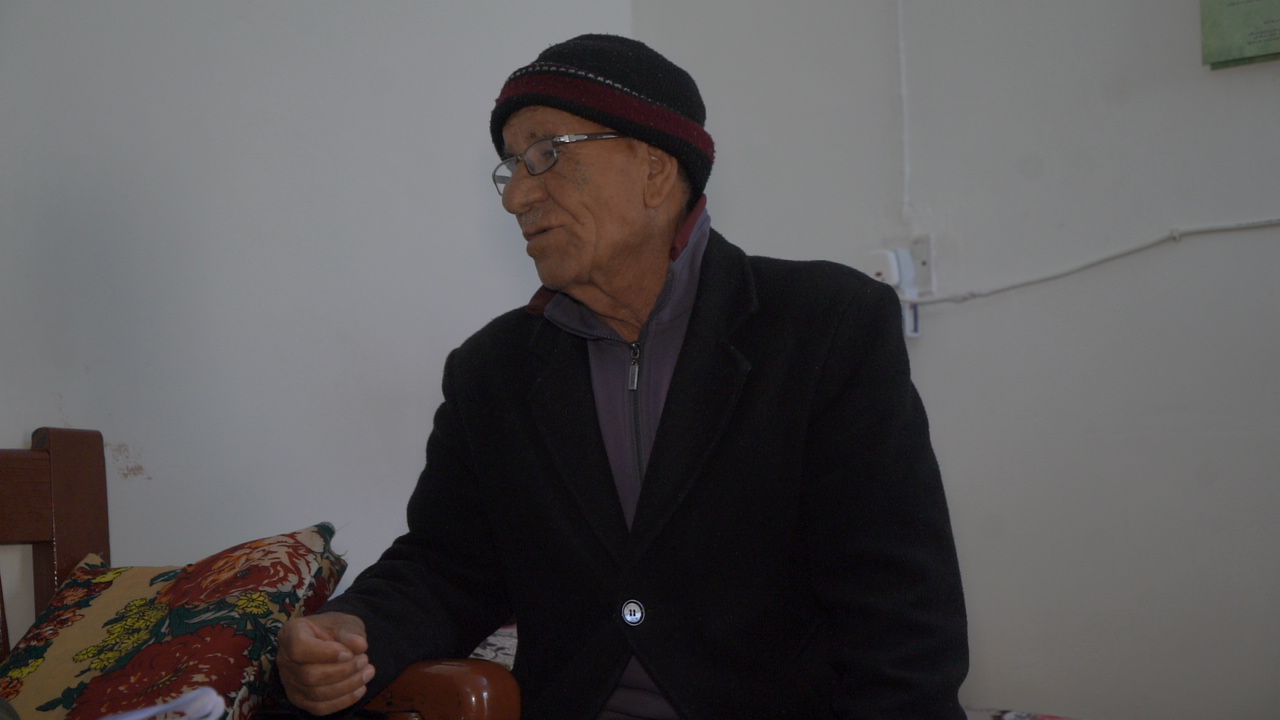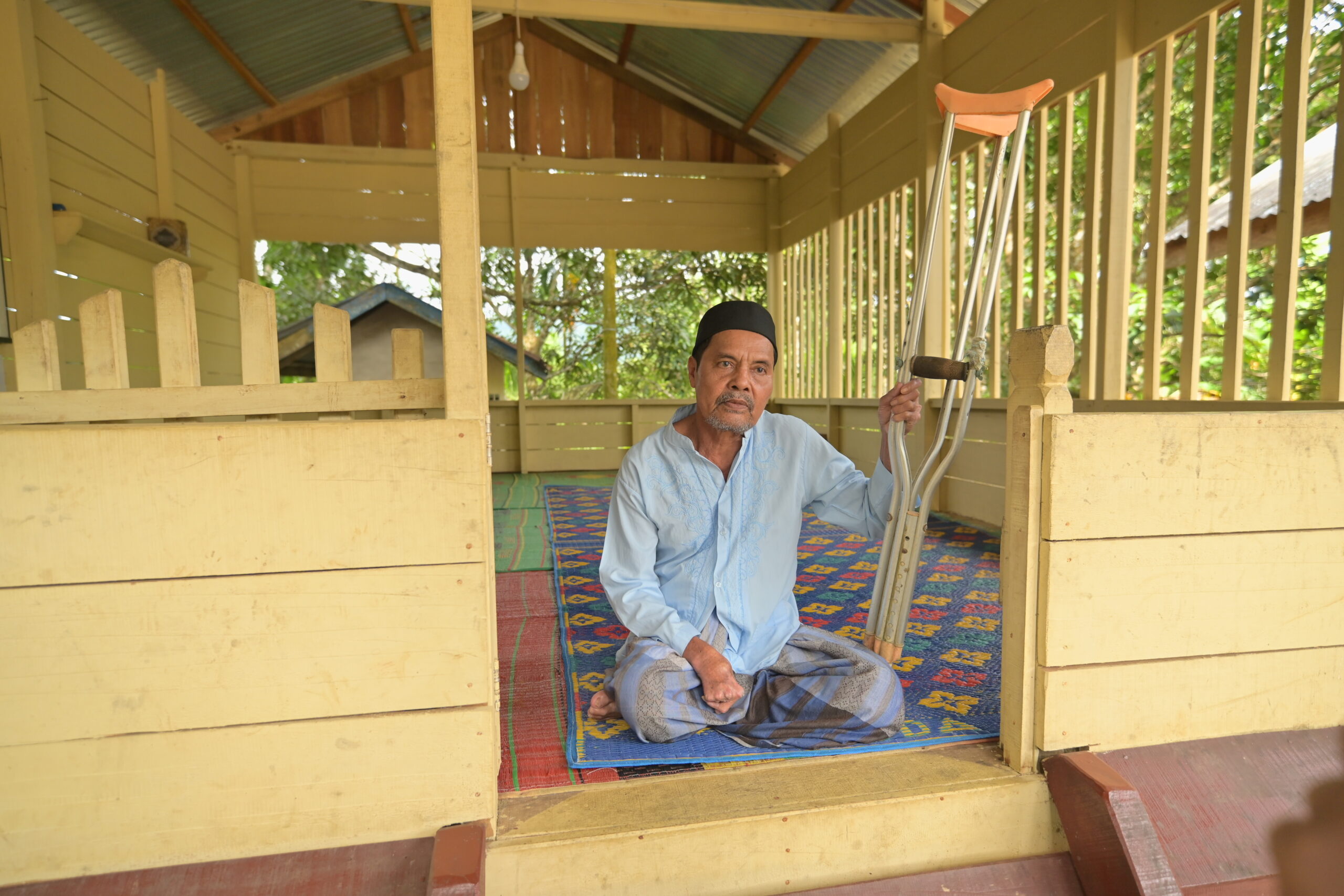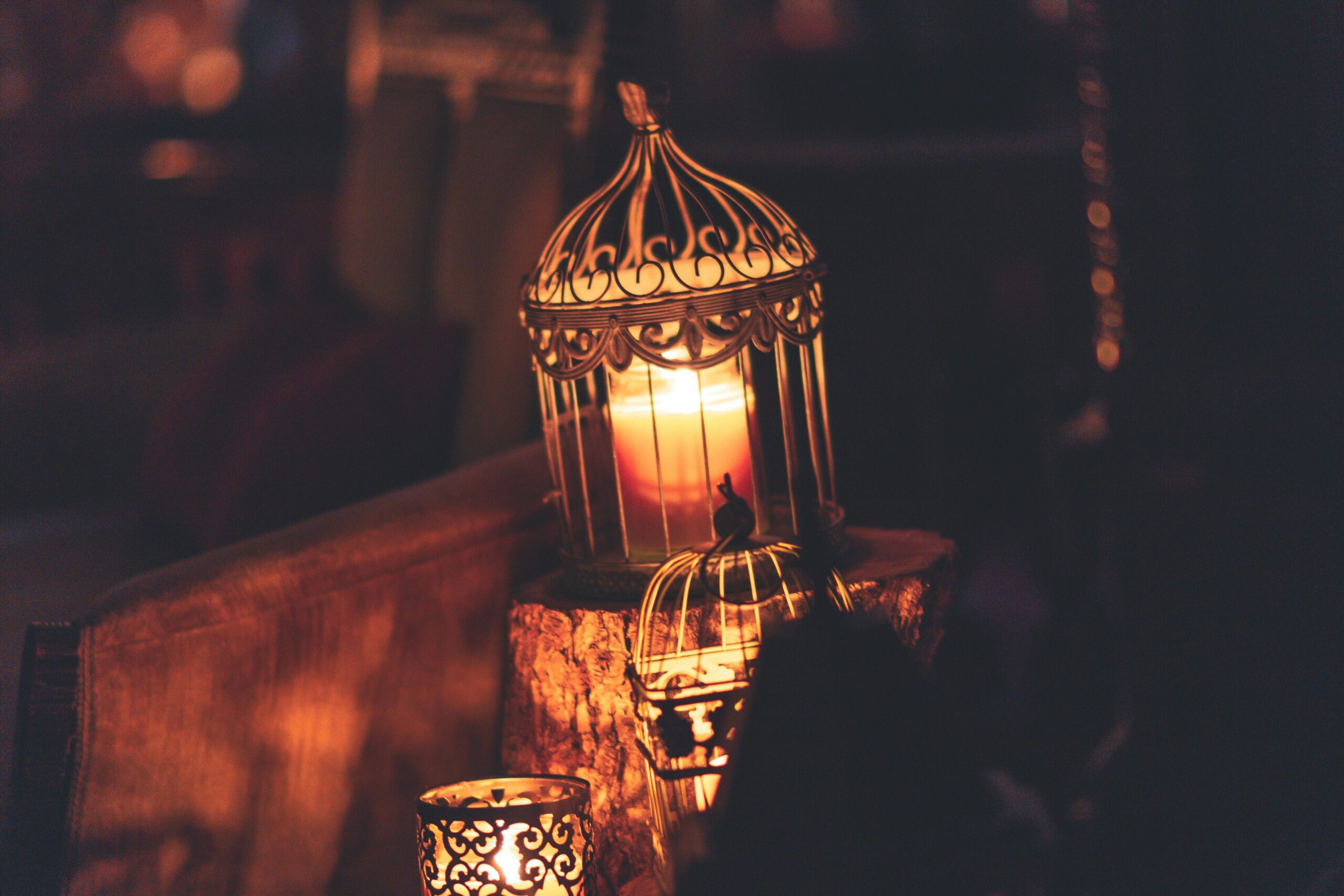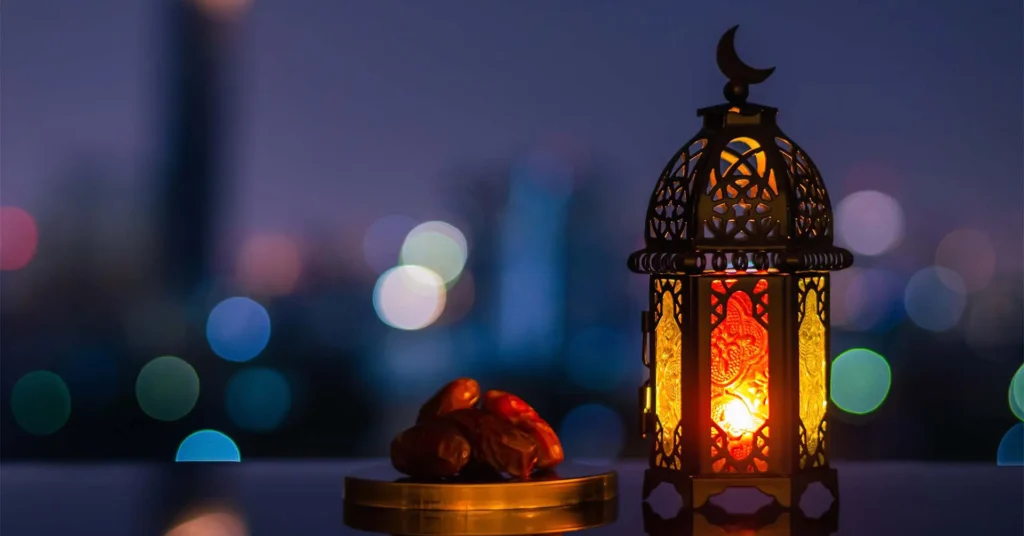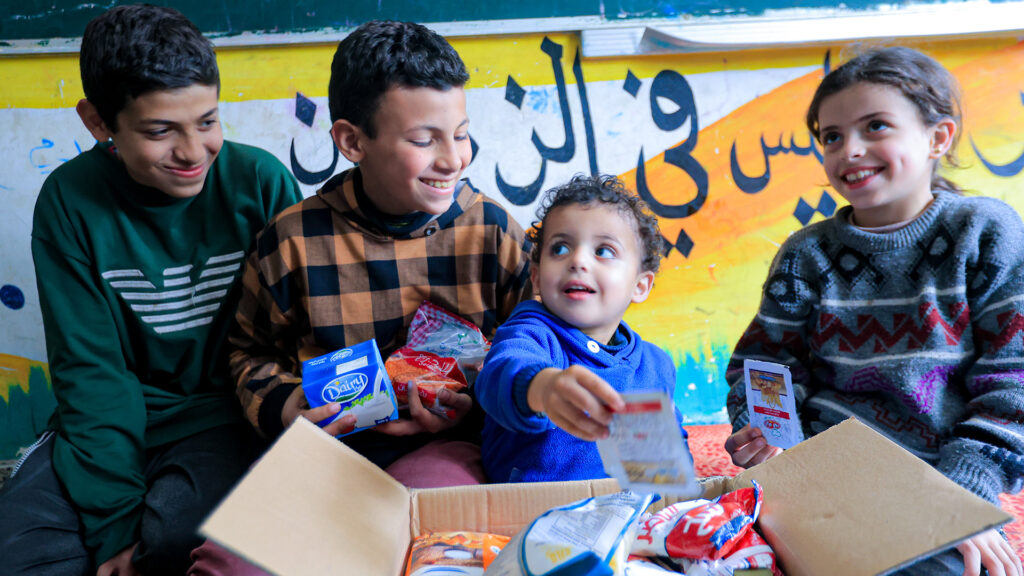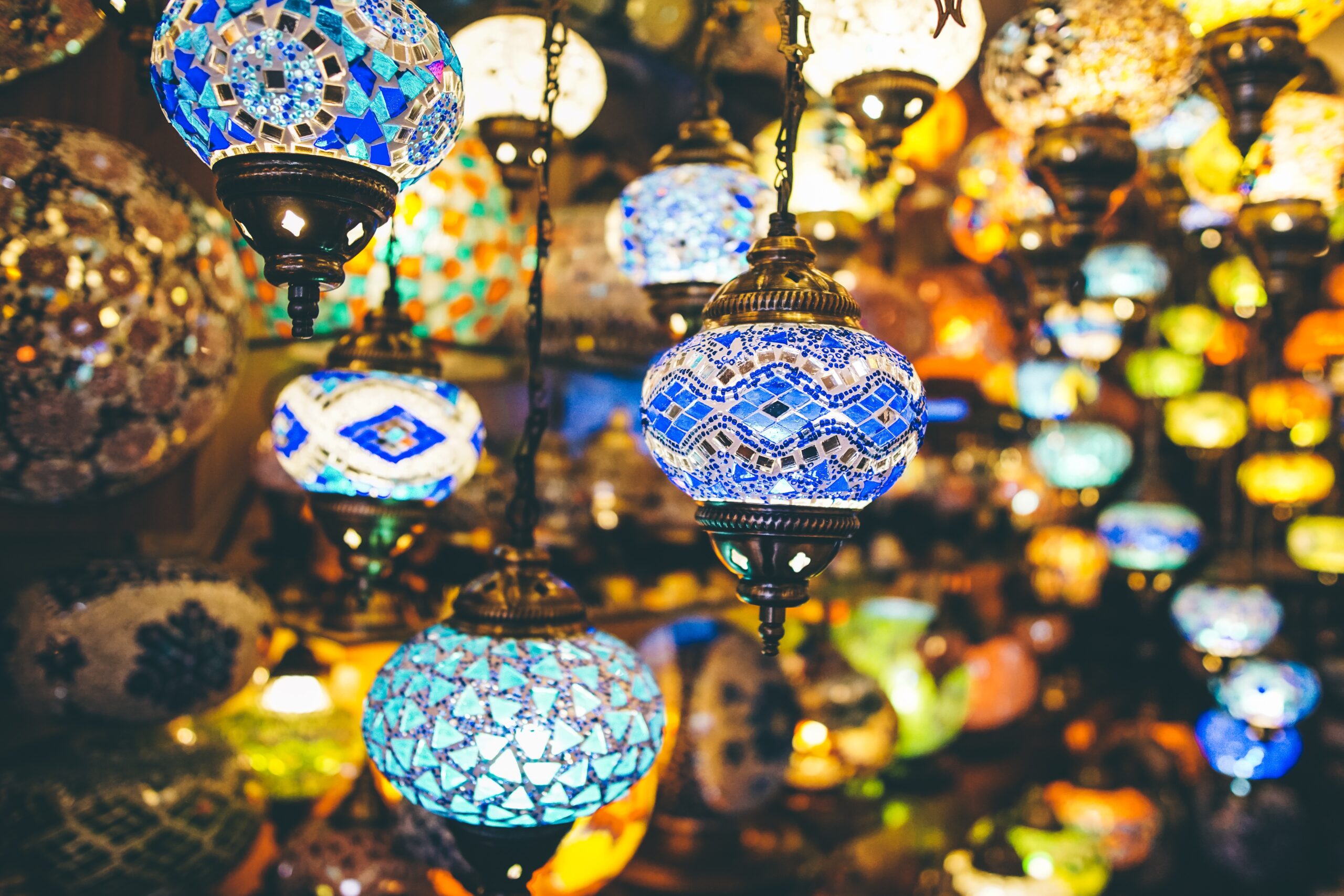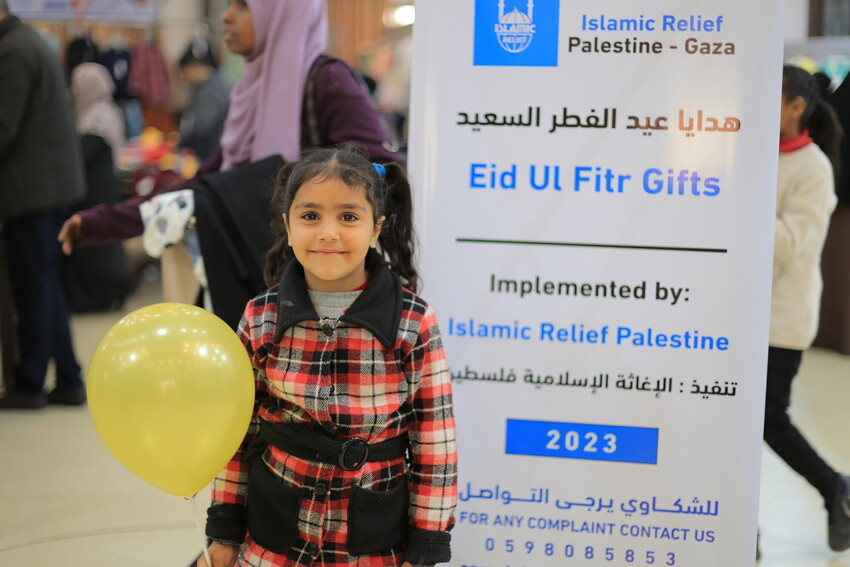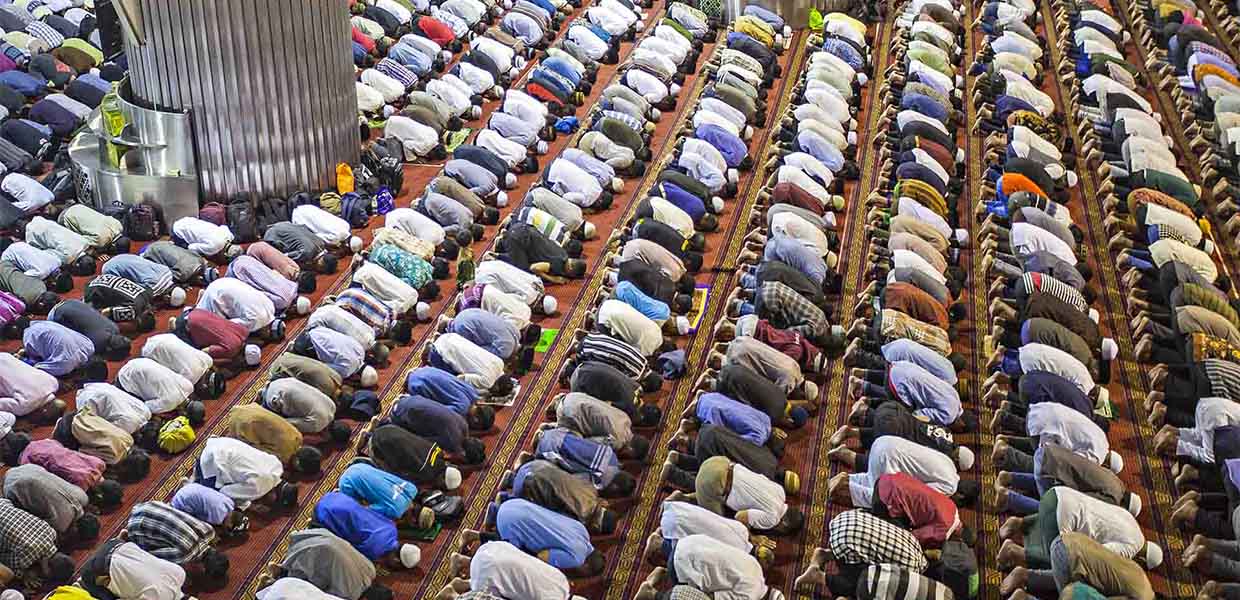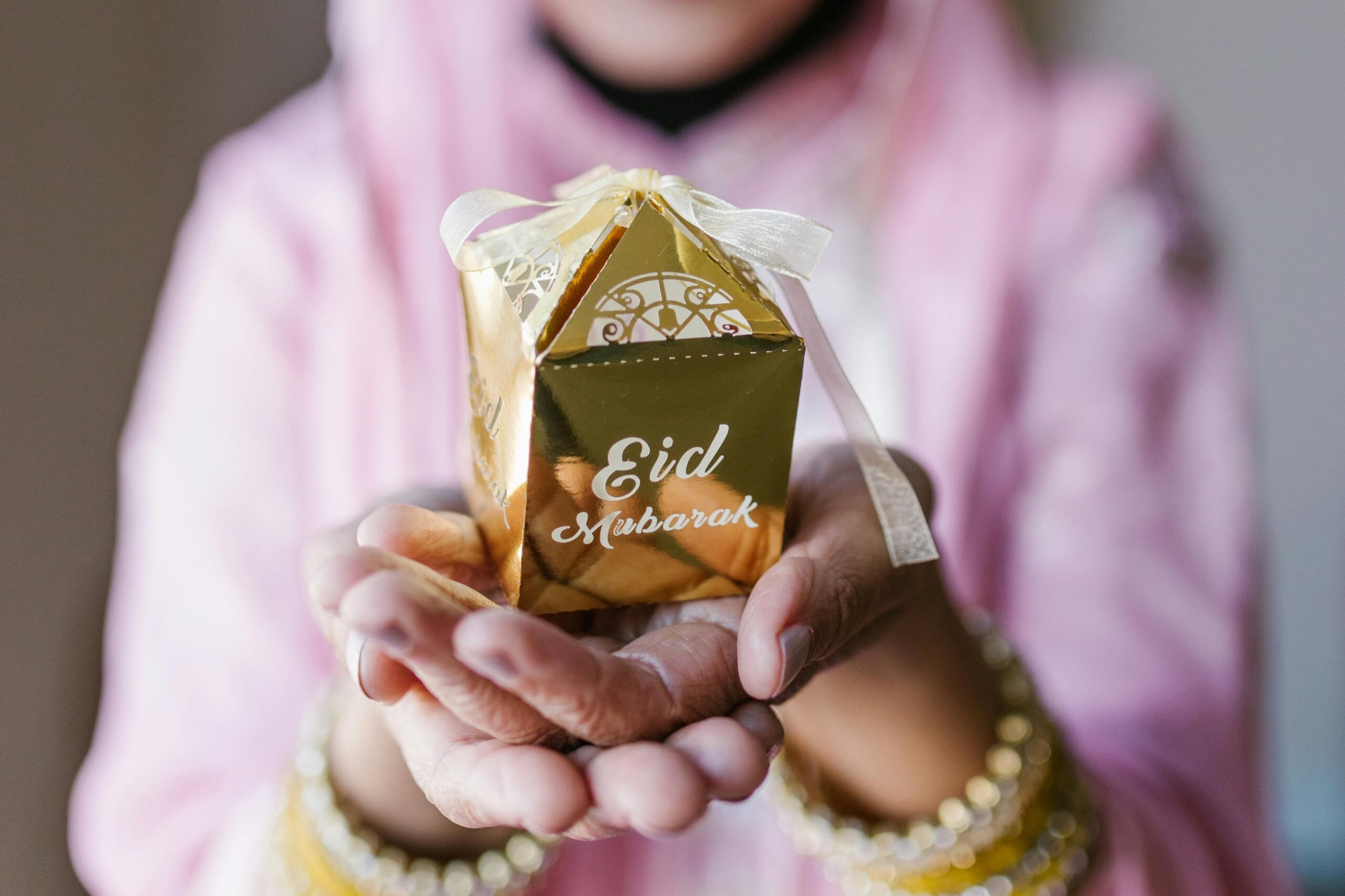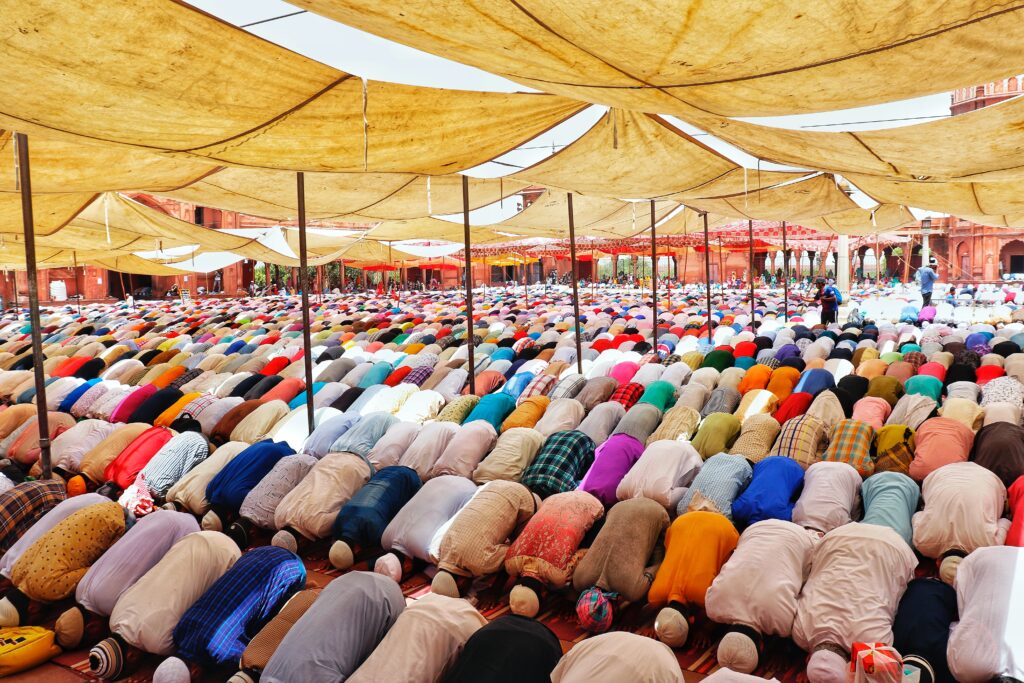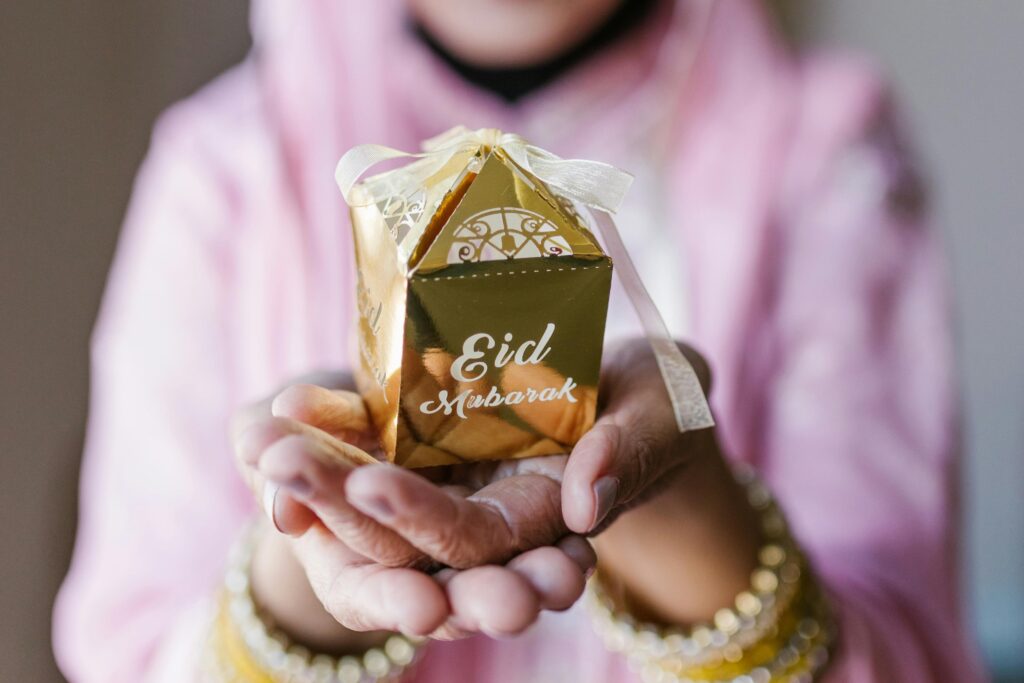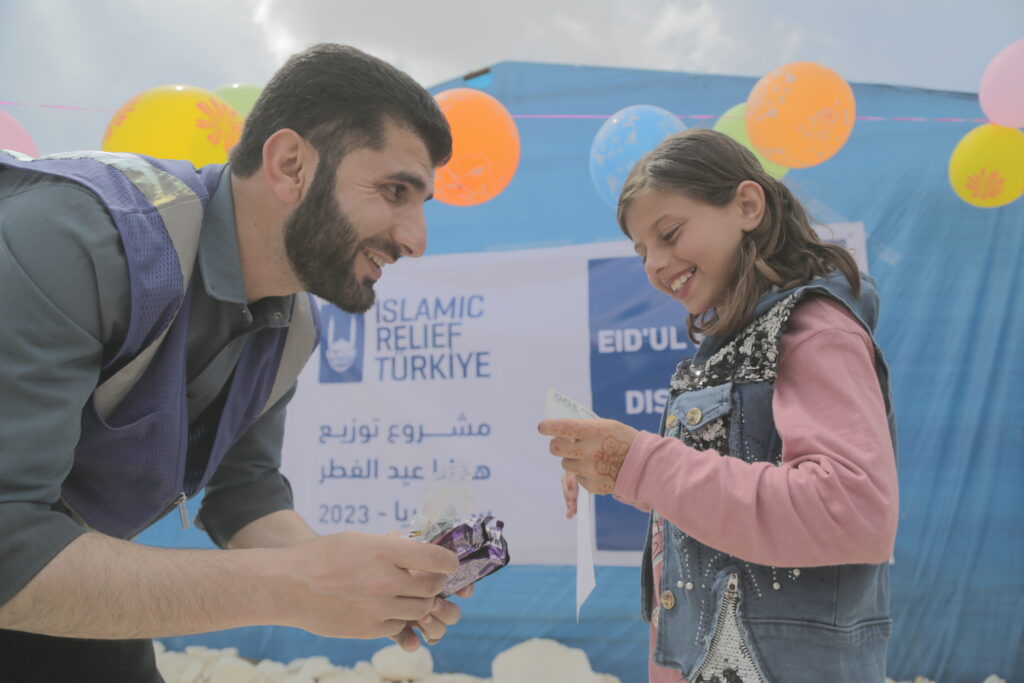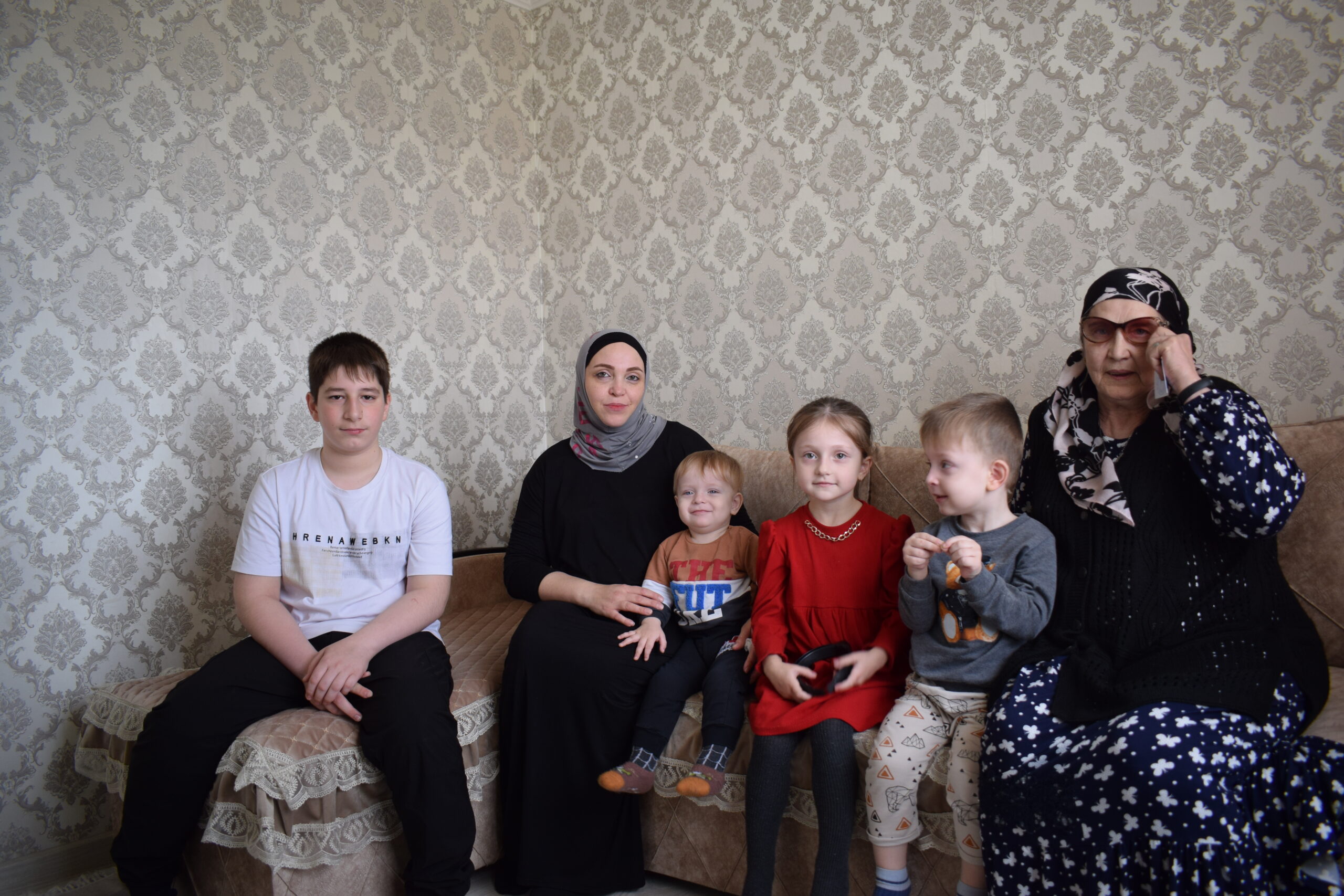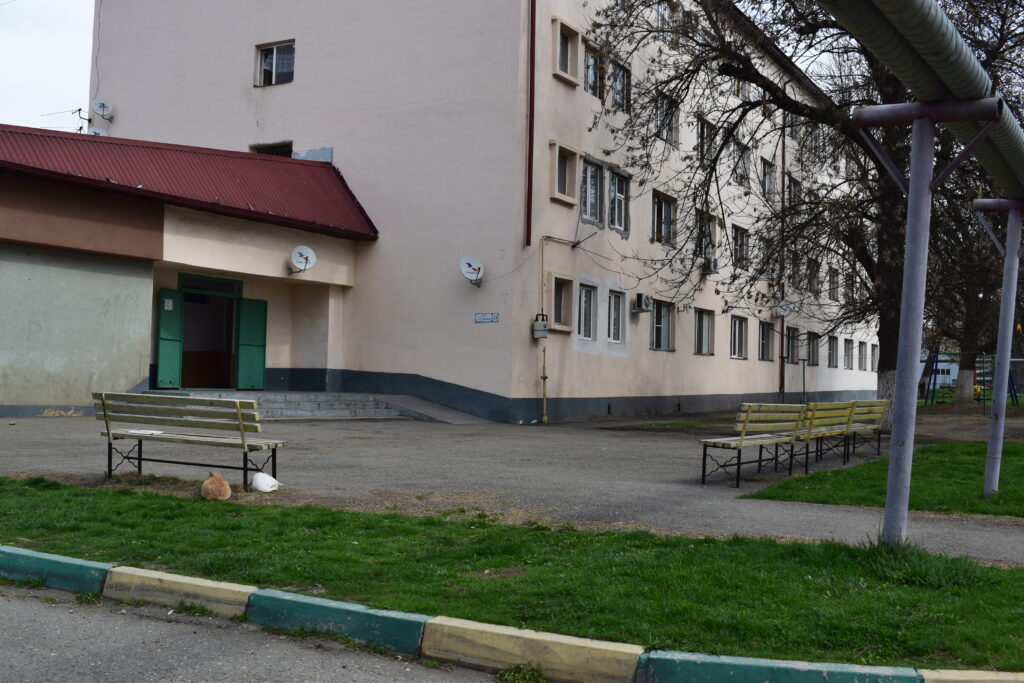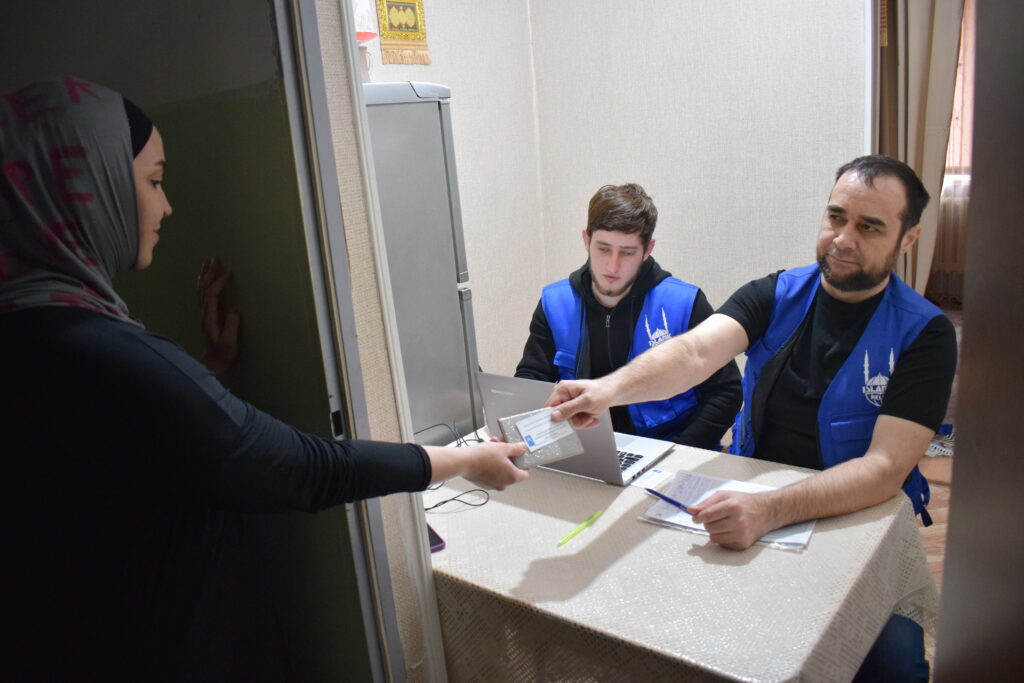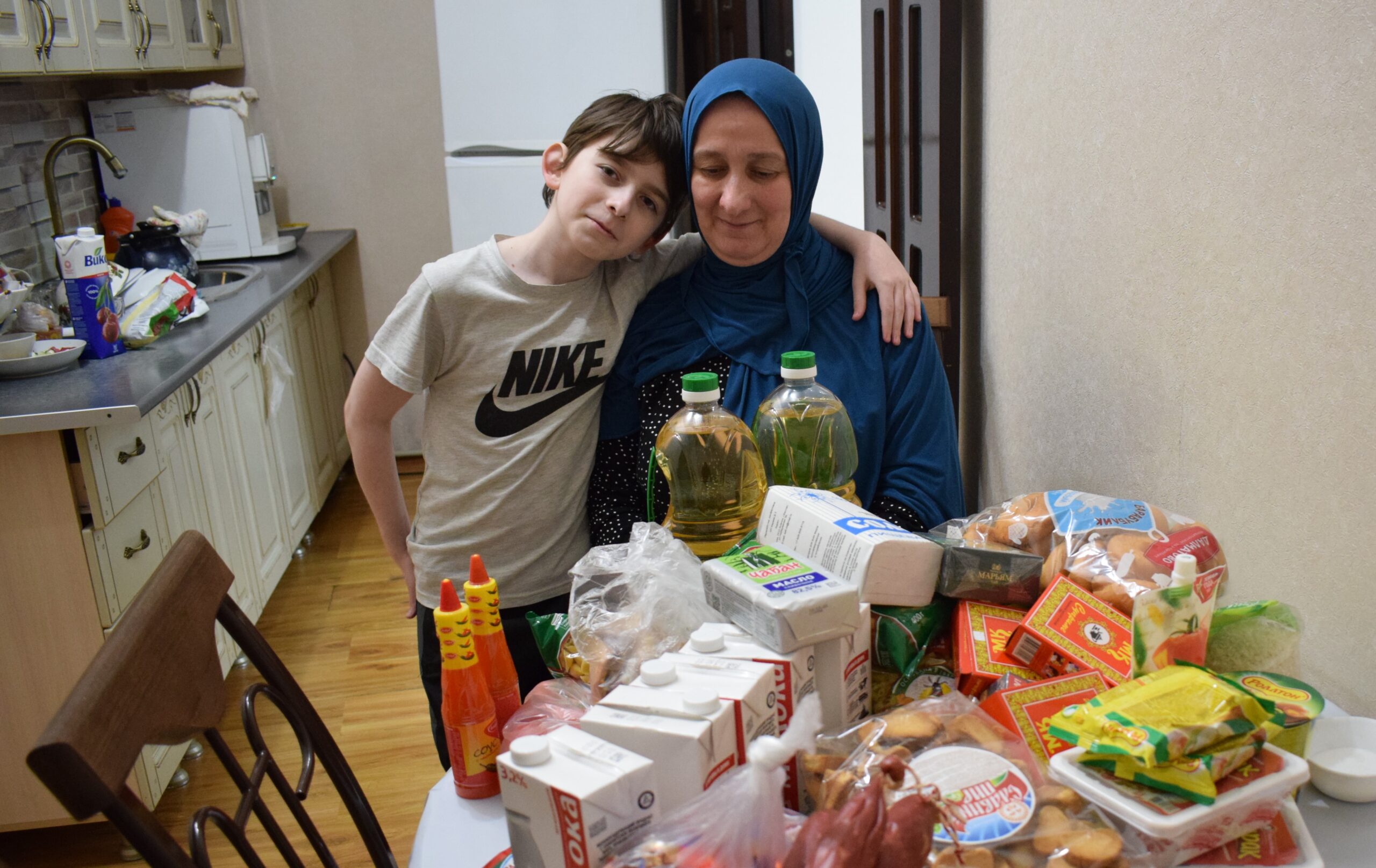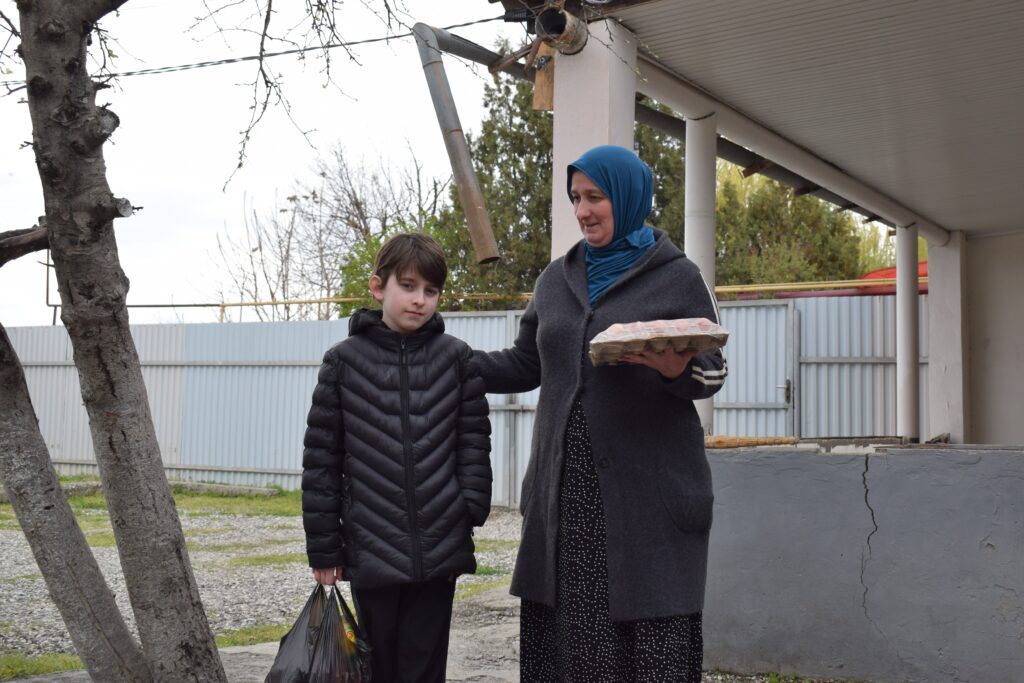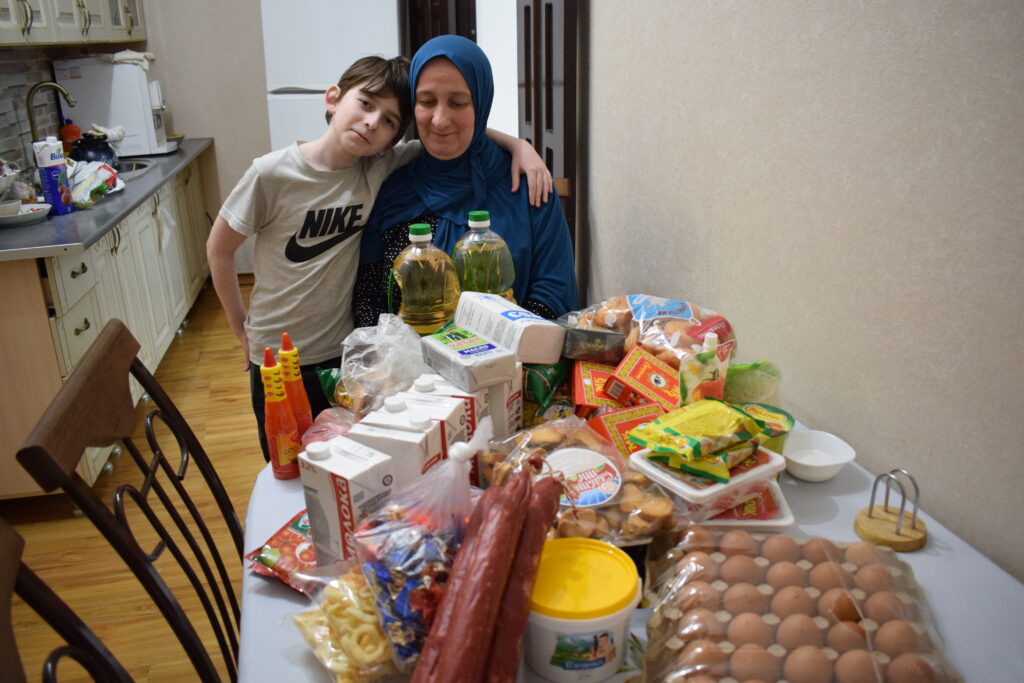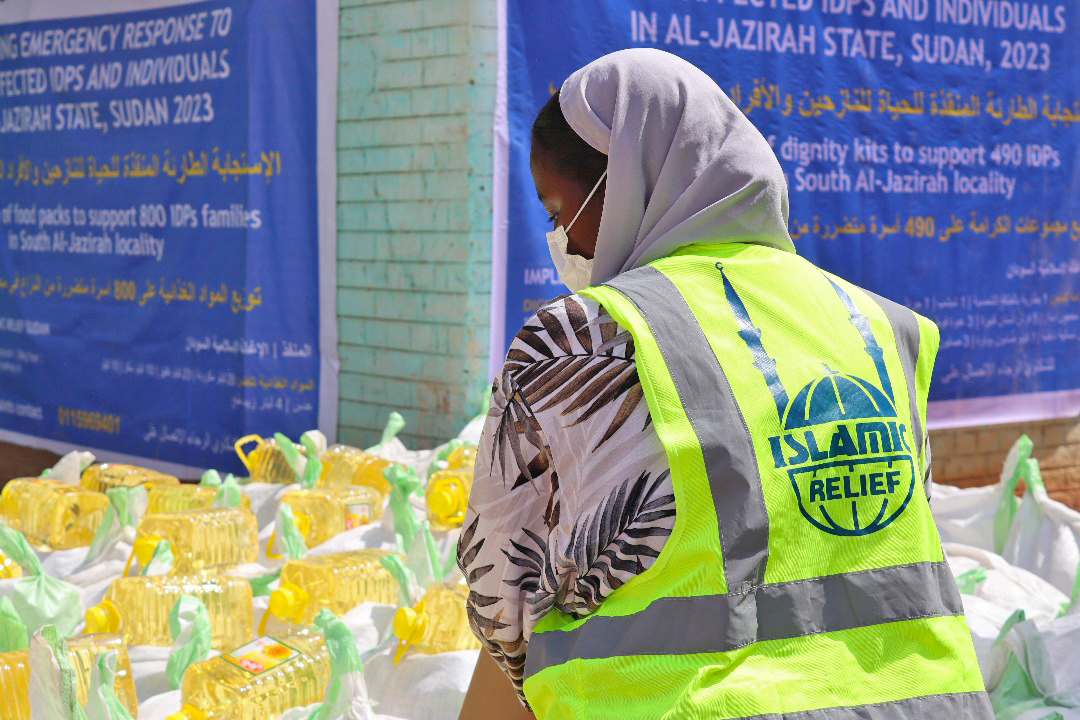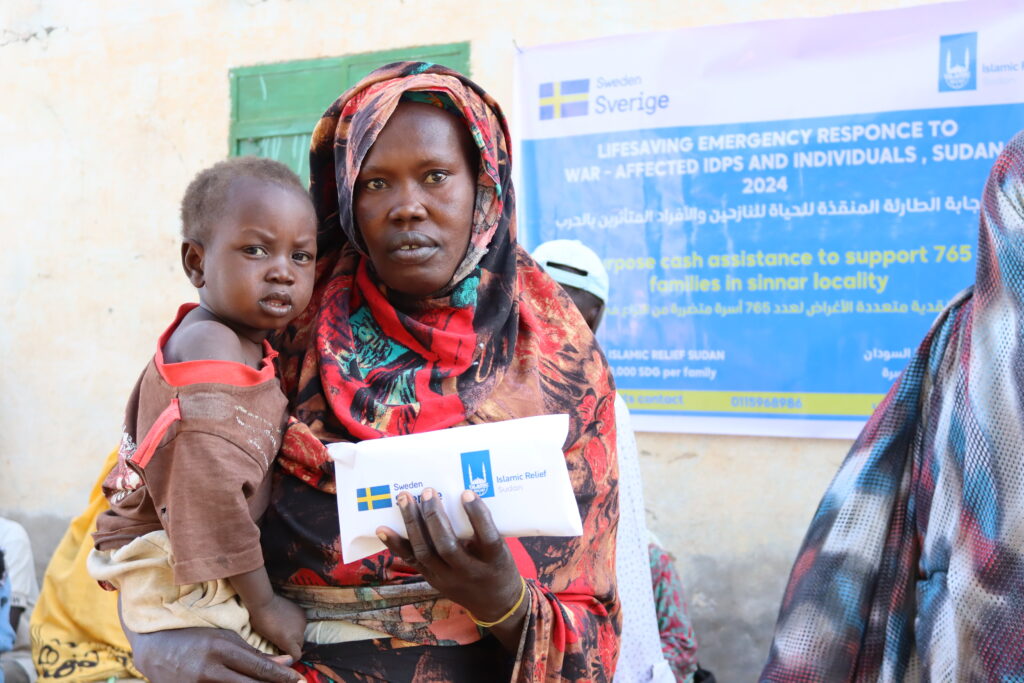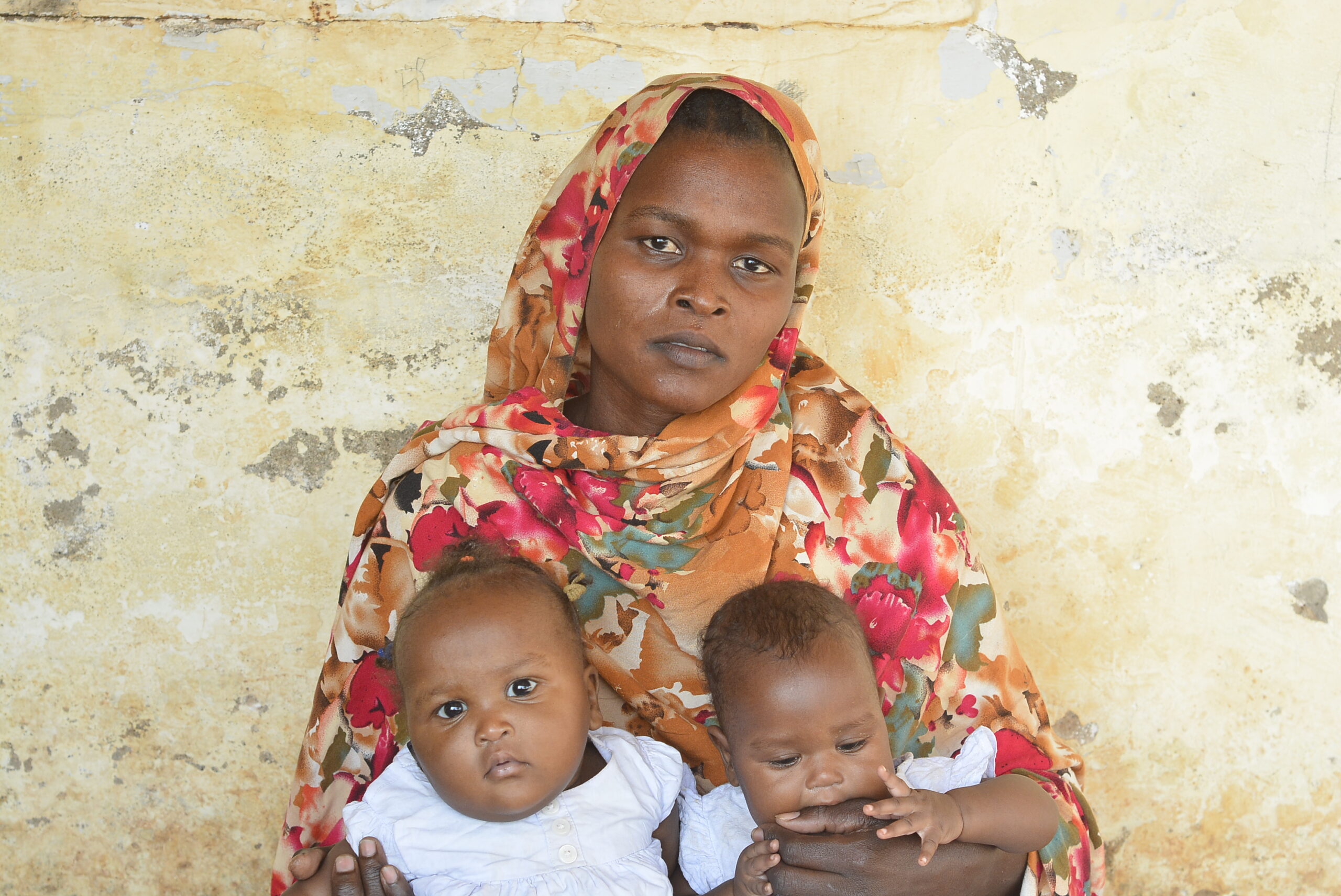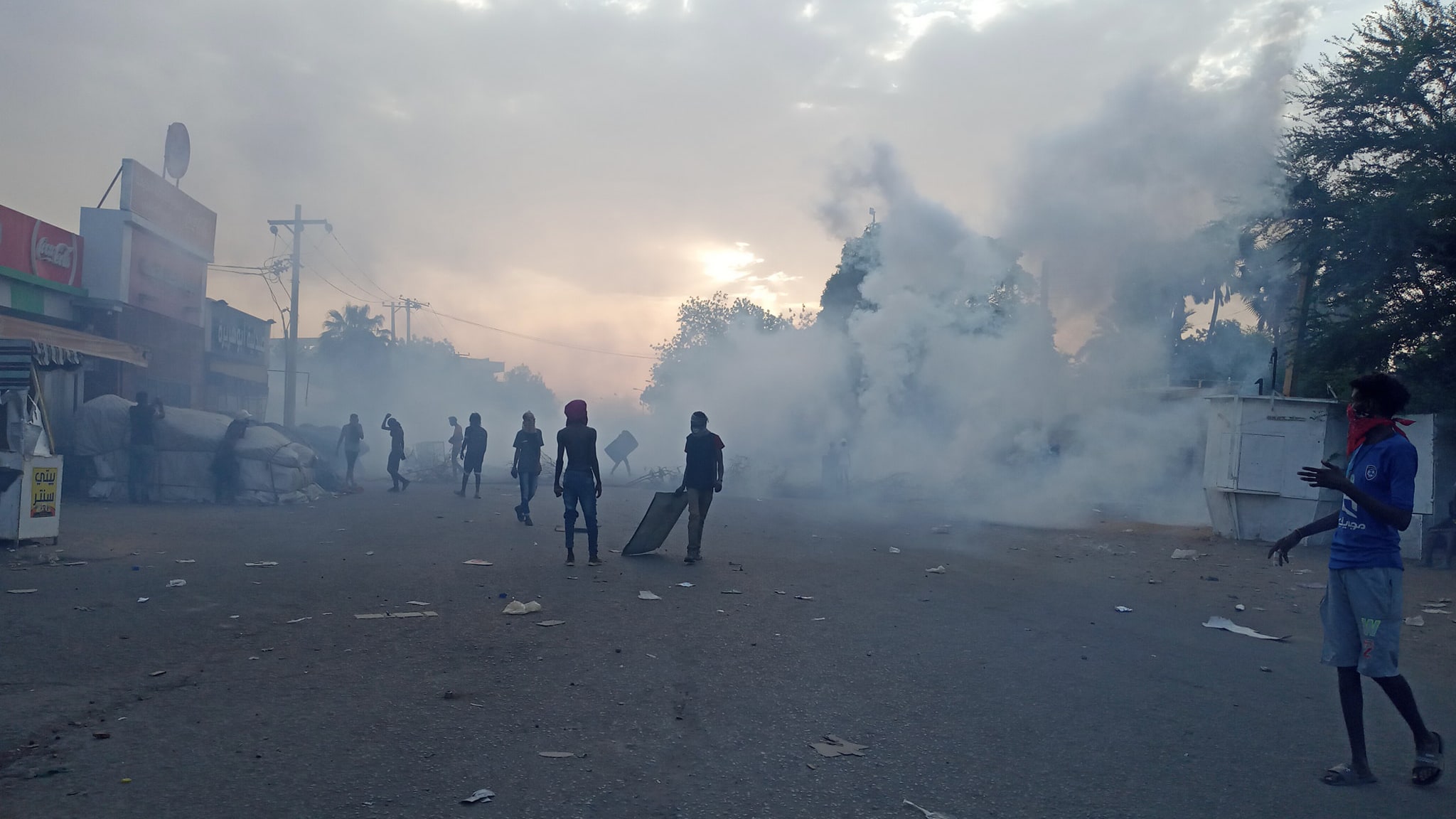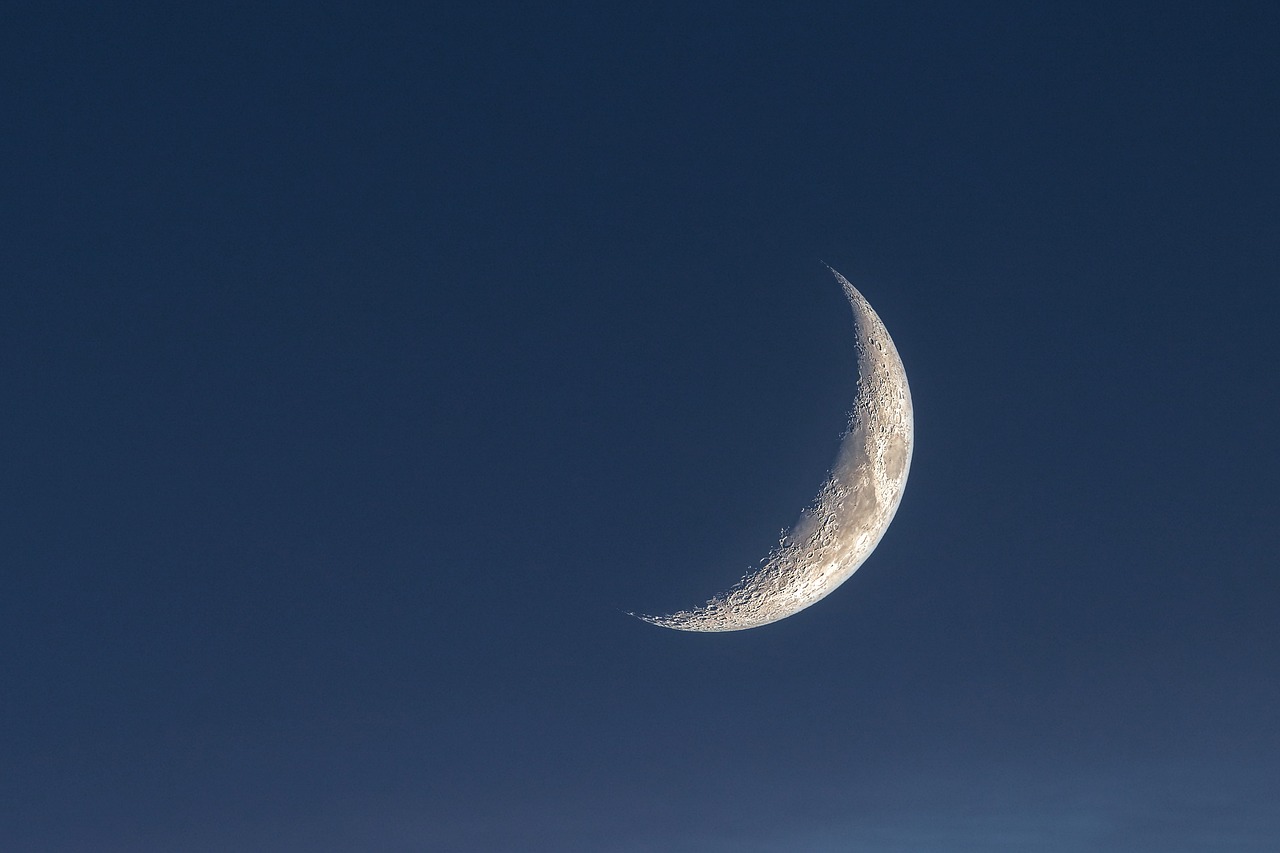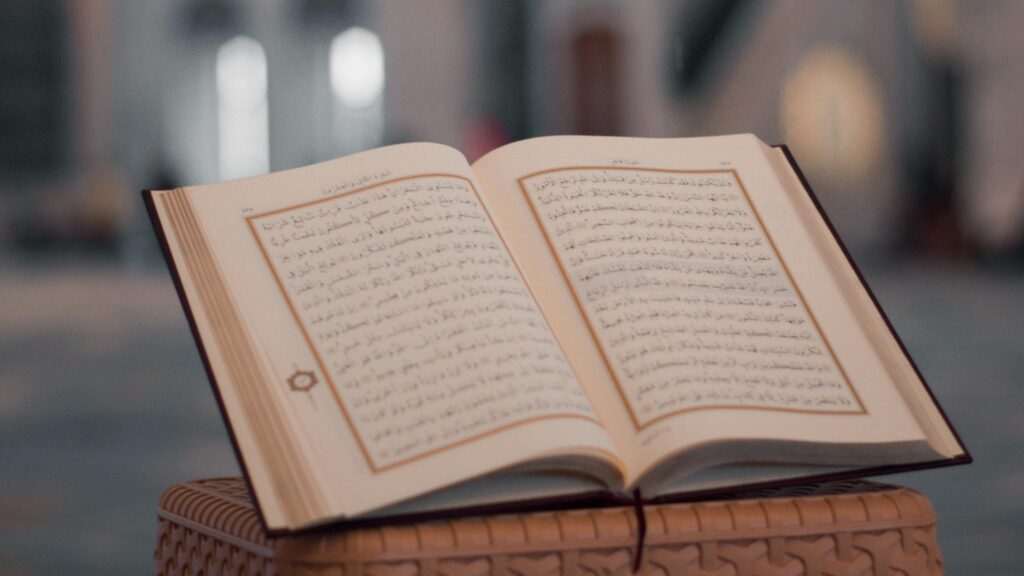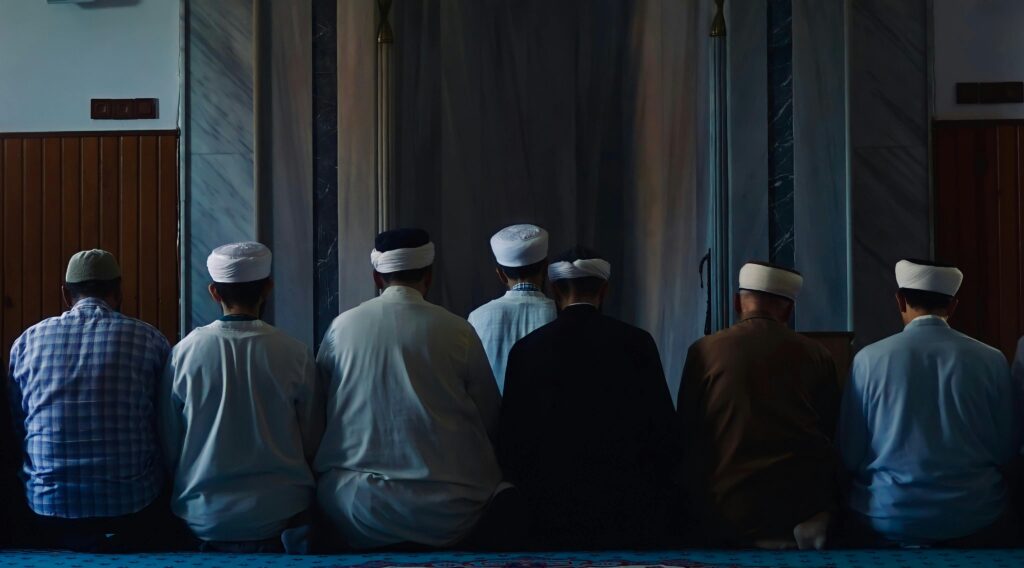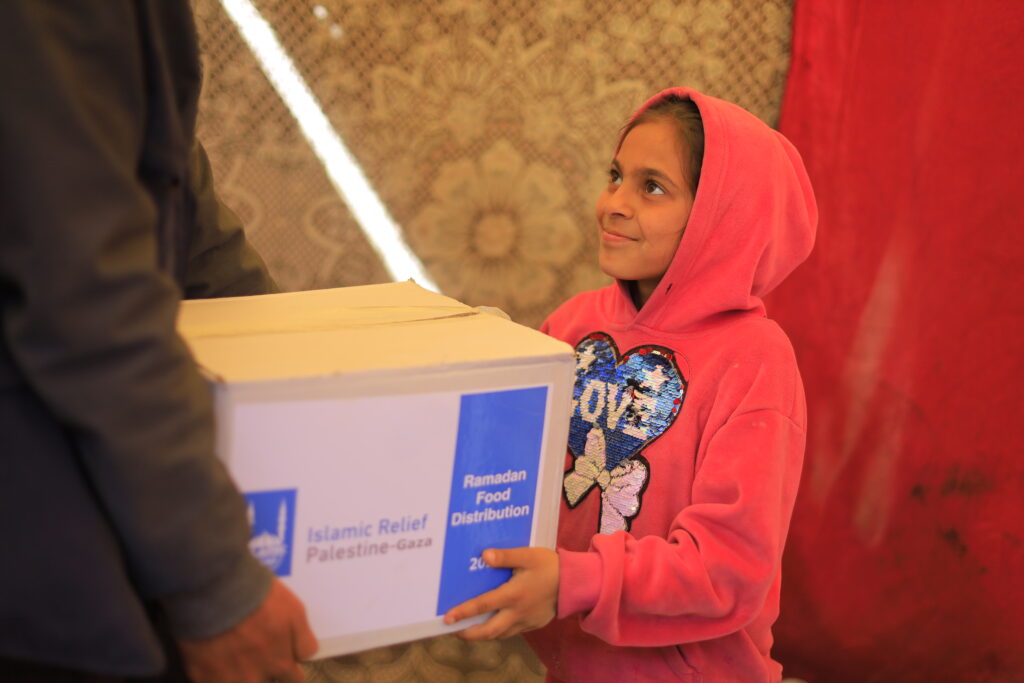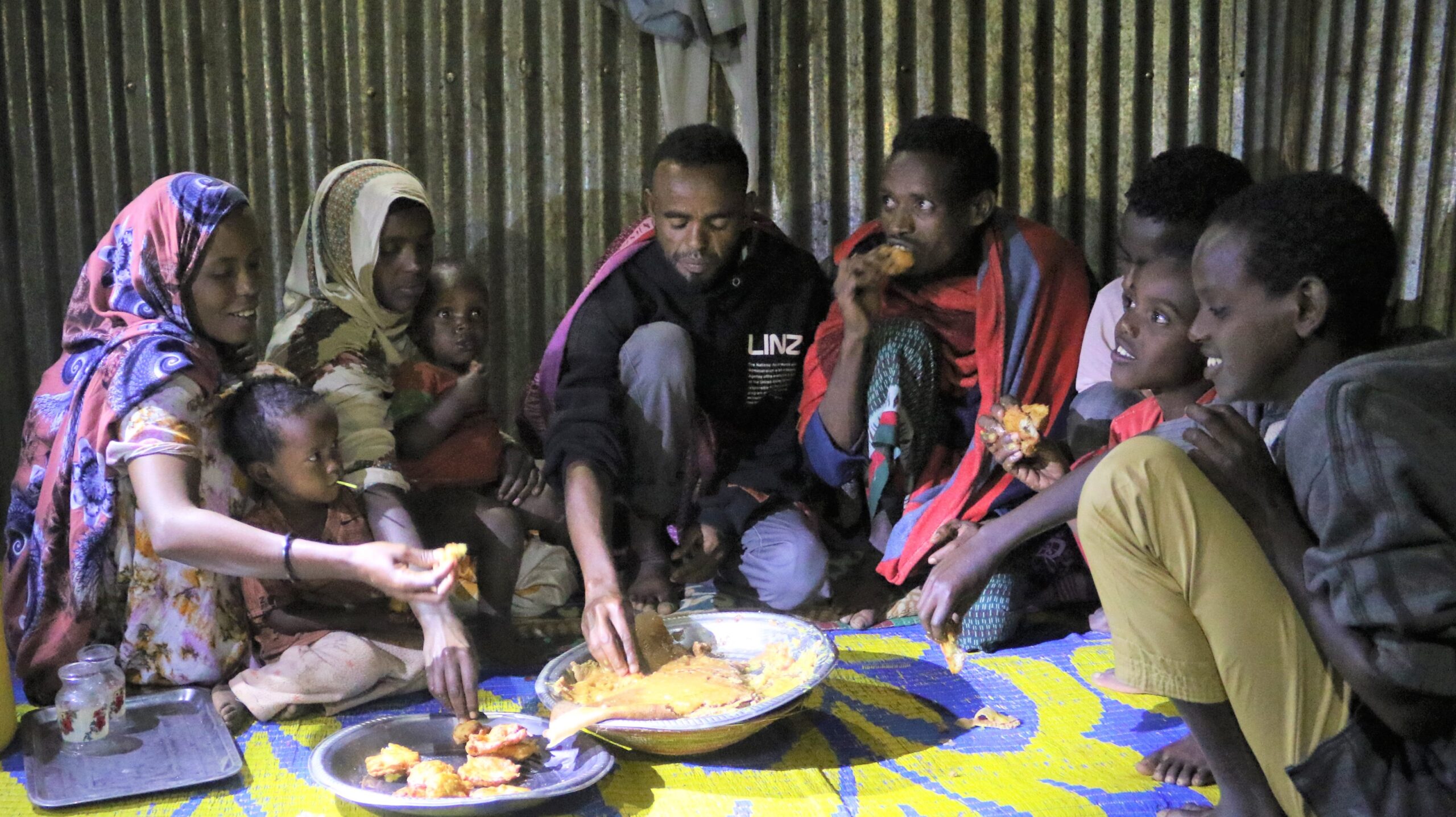
04.12.24
Misra’s Story: Relieved from Food Insecurity
Ethiopia faces a wide range of major socio-economic issues. Internal ethnic conflicts, drought, continued political unrest and war, as well as the steadily rising cost of living have taken a toll on its population. And the situation is only worsening.
In the escalating humanitarian crisis, Islamic Relief is providing relief to the people of Ethiopia, including through our Ramadan project.
Implemented every year during the holy month, the Ramadan project aims to help the most vulnerable communities. These include orphans and their guardians, elders, new mothers, IDPs (internally displaced persons) and impoverished families.
Last year, in 2023, more than 6595 households and 32,975 rightsholders benefited from the project.
One of the recipients was Misra Ali Ahmed and her family, who live in an IDP camp in Meiso, Oromia in Ethiopia.
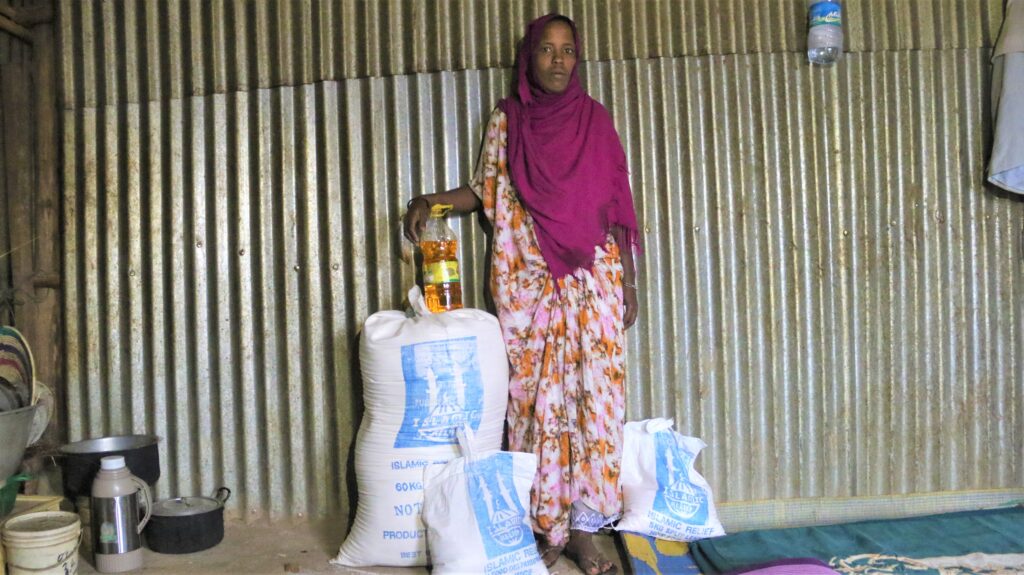
Unable to Afford Basic Necessities
As parents of 4, Misra and her husband struggle to provide for their and their children’s needs.
“I have no income; my husband works as a daily labourer, and we fulfil our daily necessities with his hard-earned money.
To be really honest, we cannot afford to feed our kids with the wages that my husband earns on a daily basis because his daily work will not always be there.”
To help with the bills, Misra would sometimes go to the forest during the summertime to collect wood to sell in the town nearby and make some money. However, it was still not enough to cover the food, clothing and other essentials the family needed daily.
“Feeding our five children at least once a day has been a burden for us as parents.”
Life as an Internally Displaced Family in Ethiopia
Misra and her family are IDPs. They had to flee their home because of the conflict between the Somali and Oromo tribes, leaving behind their livelihood.
“We experienced the most difficult time when we first became IDPs. Since the first day we left our home, my family, especially my children, has been severely suffering from food shortages.
“We had to settle in a remote area where there are no opportunities for work, generating money, or supporting our family. We don’t have any land to use for cultivating crops.
“My husband will go to work with an empty stomach during times like Ramadan and the rainy season, when our food shortage becomes more and more challenging to handle. On these occasions, we will experience starvation, which is so tough to cope with.”
Ramadan While Internally Displaced in Ethiopia
“We have enthusiastically welcomed the holy month of Ramadan since it is a special and wonderful experience for us, despite the fact that we are dealing with serious socioeconomic challenges.
“In the past, we used to have special occasions and distinctive everyday routines during the month of Ramadan. We used to prepare special meals like biscuits, soup, and cookies and share them with our relatives and neighbours.
“We have no special diet either during Ramadan, (it’s) usually injera with shiro stew. There are some bad times (when) we miss Injera and Shiro, so we spend the whole day and night with an empty stomach.
Likewise, without enough food supplies to go around in the camp, getting together with the family’s other IDP neighbours is a rare occurrence.
“Unfortunately, for the past three years, we have fasted throughout Ramadan without having enough food or other essentials like electricity. These days, without proper food or electricity, we are fasting and experiencing a different Ramadan.
“We used to spend a lot of time praying, visiting family, preparing unique traditional foods, and sharing Fitur with our loved ones.
“(But now) there is no mosque nearby where anyone can perform tarawih prayers, and there is no electricity access to recite the glorious Qur’an in this blessed and holy month.”
How Islamic Relief Helps
“Indeed, Allah is always there to look after us, even though we lack access to better healthcare or a decent standard of living.
“I consider myself to be a member of the Islamic Relief family, (as) this is not the first time that Islamic Relief has helped me.
“In the organisation’s last two years of the Qurbani project, I obtained Qurbani meat packs. Additionally, I am included in the durable solution livelihood project that the organisation is implementing in the Weltane IDP centre.
With this project, I and my IDP neighbours are deployed in the camel fattening initiative. I, along with the other nine families from the Weltane IDP community, have gotten 180,000 ETB from Islamic Relief and bought two baby camels that we are currently fattening. I’m hopeful that we’ll generate income and improve our standard of living.
Your Impact of Giving Food Packs
“This Ramadan food pack support will be particularly beneficial for my family and also the Weltane IDP fasting families, who have been struggling with an extreme shortage of food.
“The food package includes 60 kg of wheat flour, 5 kg of split lentils, 5 kg of rice, and 2 litres of oil. (It) would greatly assist us in meeting our food provision needs for the upcoming two and three months.
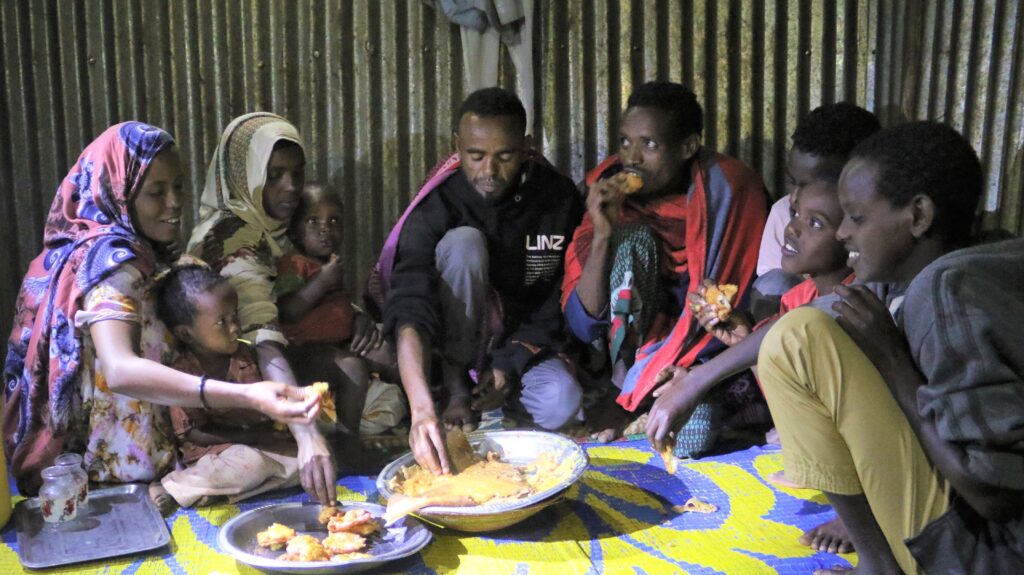
“As we have an extreme shortage of foods, these package contents will add some nutritional value to our diet. We can prepare lentil stew, rice porridge, soup, cookies, biscuit pancakes, and other kinds of meals for my children, and they will enjoy eating them.
“Throughout Ramadan, we can fast without being concerned about getting Fitur meals. Our kids will like eating the cookies, biscuits, porridge, and pancakes we make for them.
“I am sure every IDP family is truly happy as a result of this distribution of Ramadan food packs because it brings them joy and happiness. It significantly helps us to cut our higher food expenses and saves the time and effort we spend searching for food for our children.
“I thank Islamic Relief and the Ramadan food pack donors for the generous support I have obtained today. And I ask Allah (SWT) to bless all IR families and these specific Ramadan food pack donors and accept their fasting and their good deeds during this holy month.”
Give Families Hope and Relief
Keep the blessings of Ramadan going. Give families in need the opportunity to enjoy nutritious food, rebuild their livelihoods and more.

